Basra’s Wealth Extracted, Its People Abandoned
“In winter, we drown in rainwater; in summer, we’re devoured by insects and heat. We don’t have enough to eat. My daughter sells bottled water in the street so we can survive,” a Basra resident told Kurdistan24.
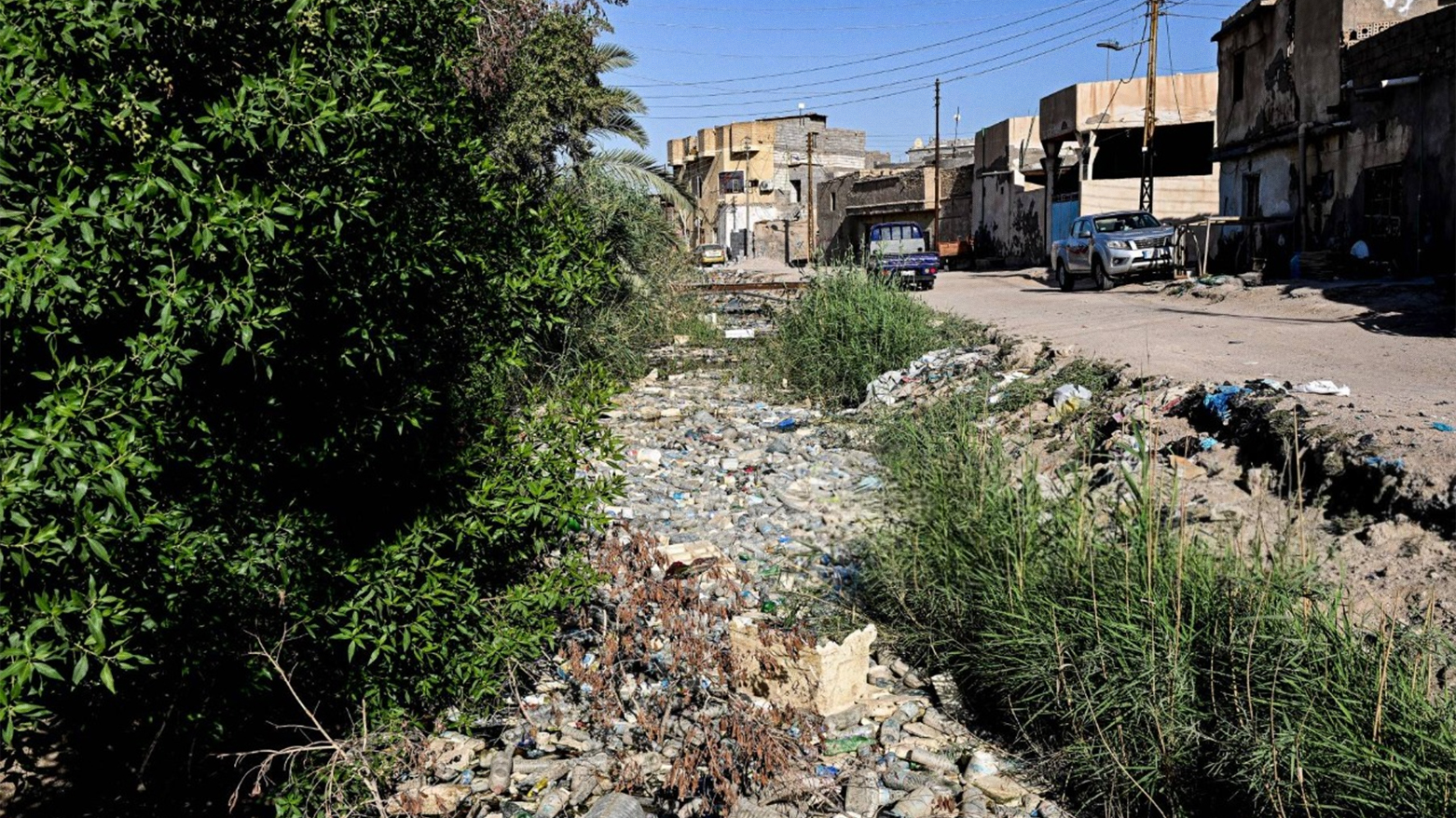
By Kamaran Aziz
ERBIL (Kurdistan24) – Basra, the city often hailed as Iraq’s economic engine and the heart of its oil wealth, is now synonymous with suffering. Despite its vast petroleum reserves, the southern province endures crippling poverty and escalating environmental collapse, exposing a painful irony at the core of Iraq’s resource management.
The Basra Office of Human Rights reports that poverty in the province has surged to nearly 40%, while environmental contamination has reached catastrophic levels.
Pollution affects up to 50% of areas in the north, south, and west of the province. Soil degradation spans between 70% and 80%, while water from the Shatt al-Arab river contains 80% microbial contaminants and 40% chemical pollutants.
Mehdi al-Tamimi, director of the Basra Human Rights Office, told Kurdistan24 that his office has formally appealed to political leaders, warning that ongoing power struggles are exacting a dangerous toll on citizens.
“The people of Basra are paying the price for political disputes,” al-Tamimi said. “Improving their living conditions should not be a temporary election slogan.”
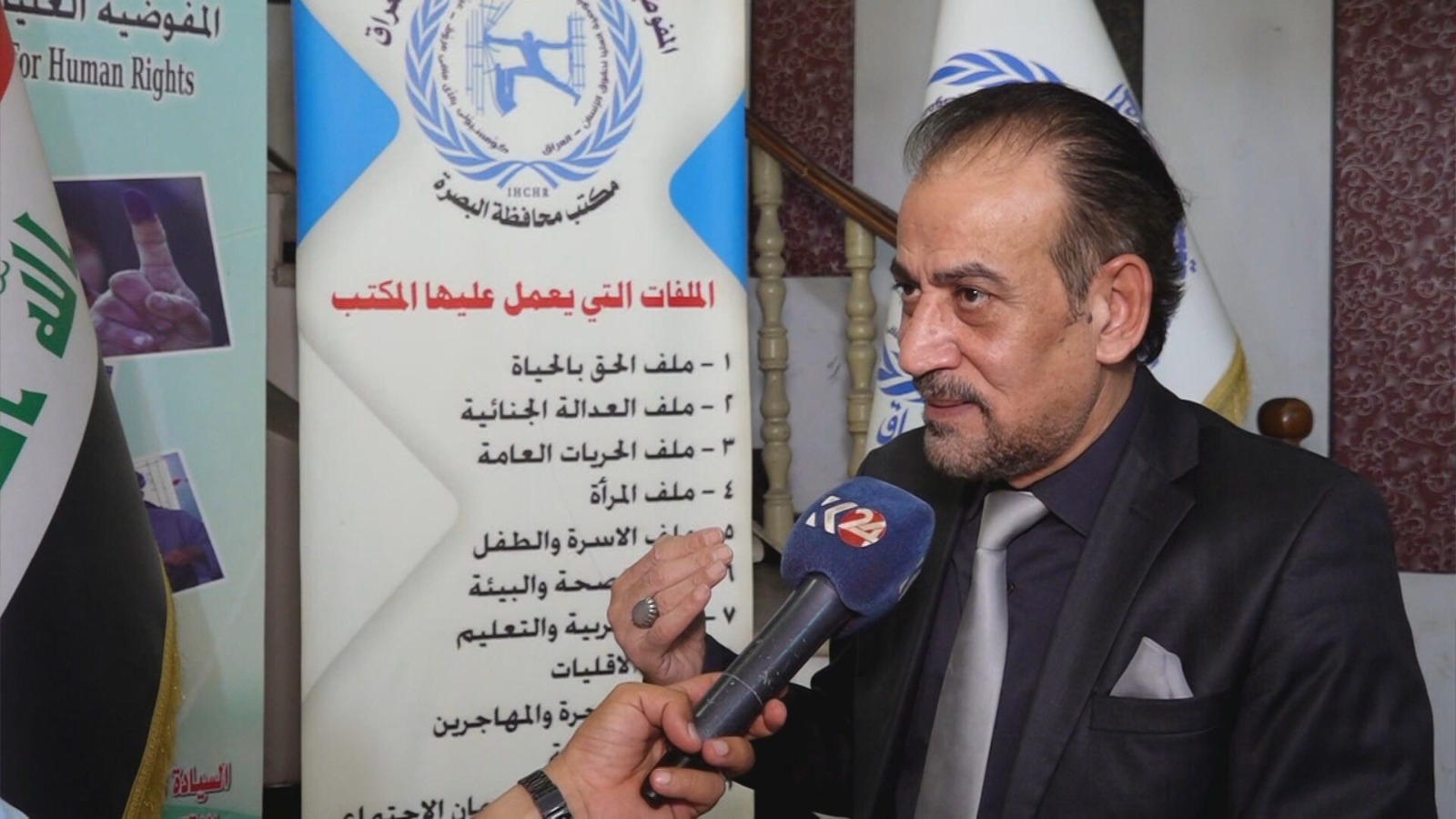
Living in the Shadows: Voices from Basra’s Margins
In the province’s neglected informal settlements, thousands of residents are trapped in precarious, unsanitary conditions — lacking basic services, secure housing, and legal recognition. Many live under constant threat of eviction or demolition.
“In winter, we drown in rainwater; in summer, we’re devoured by insects and heat. We don’t have enough to eat. My daughter sells bottled water in the street so we can survive,” said Um Hussein, a resident of one such settlement.
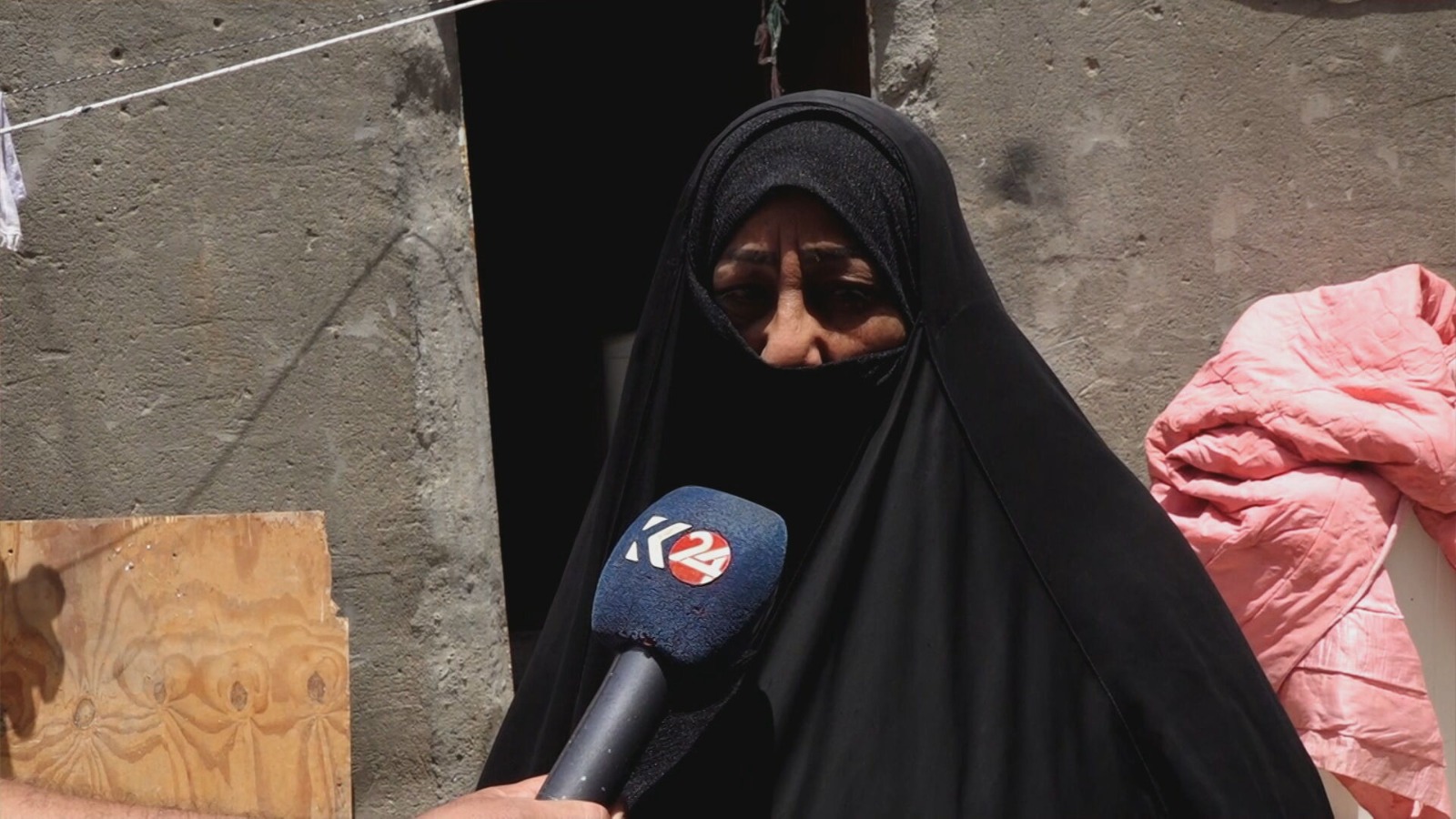
Another mother, Um Rawa, echoed the desperation: “My daughter sells water in front of the courthouse, and my son sells cigarettes. Every day, the municipality threatens to demolish our home. We have nowhere else to go — and we are originally from Basra.”
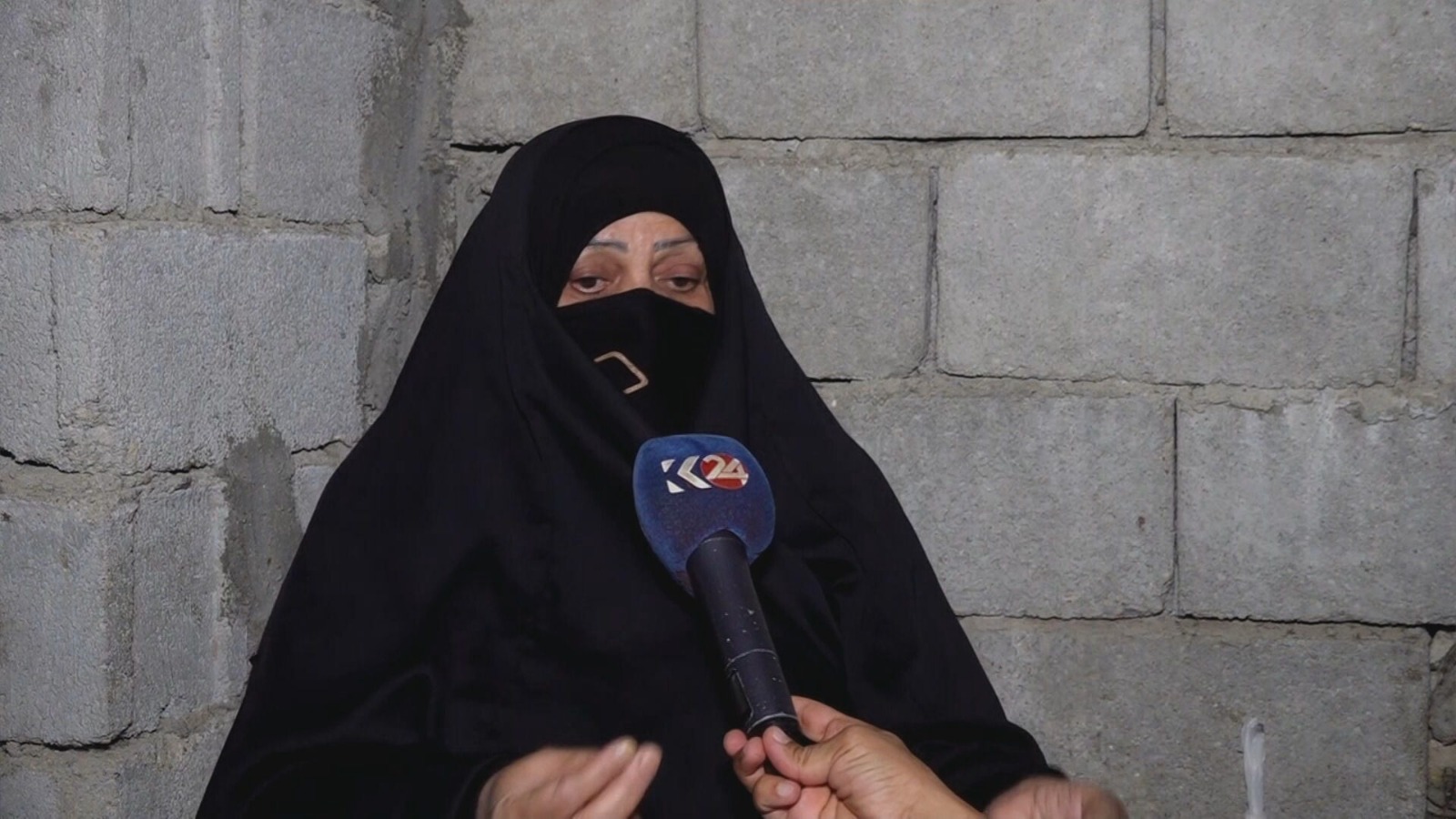
Jabbar Hassan, another local, voiced the growing anger among residents: “Basra’s wealth goes to the politicians, and the suffering is ours. No one cares about us or this city — a city that feeds Iraq oil and lives on crumbs.”
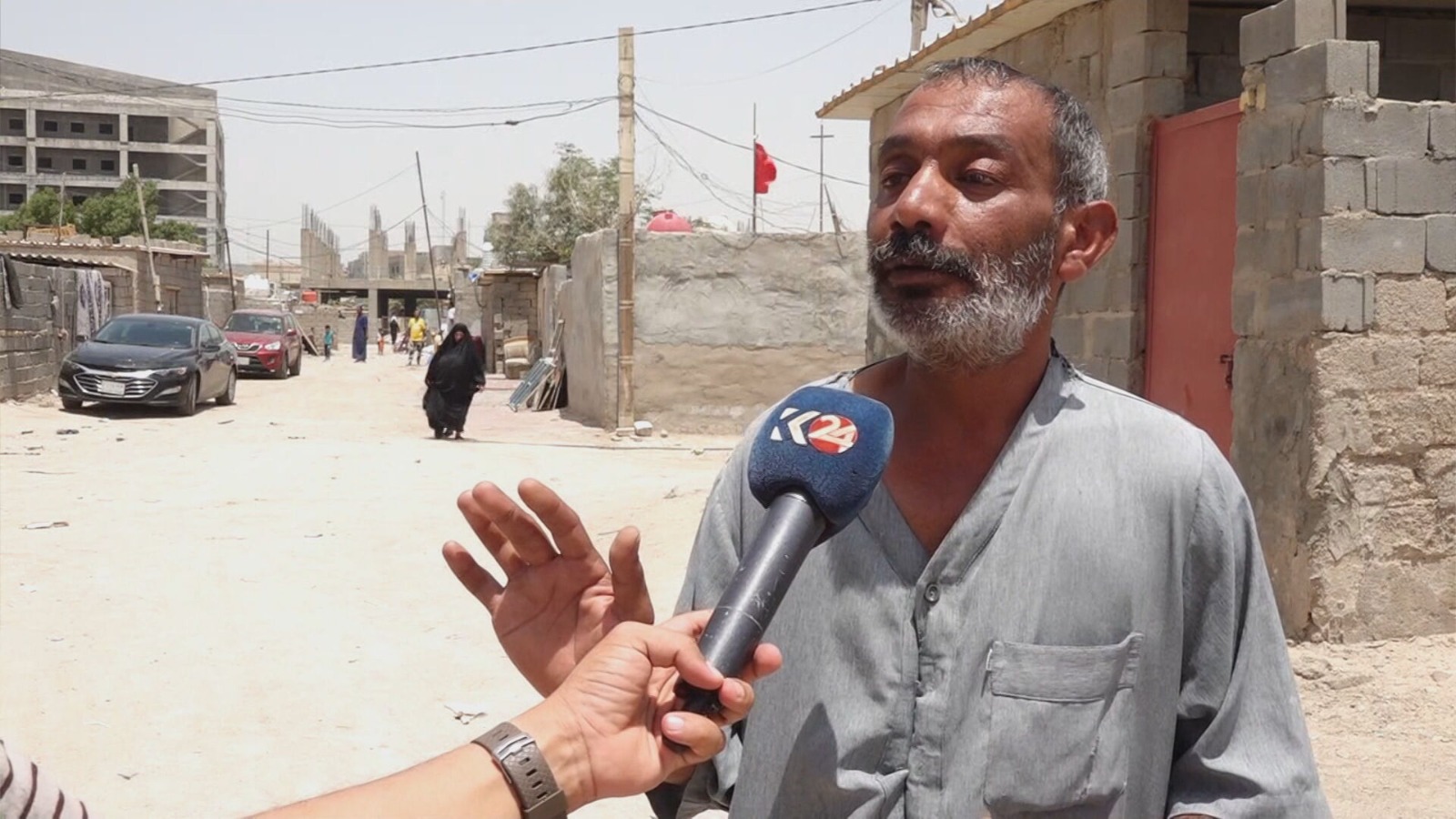
Poverty Amidst Plenty
While Basra generates the bulk of Iraq’s oil revenues, the benefits seldom trickle down to its residents. Human rights organizations have criticized the criteria used to classify poverty in the province, arguing that only those living in extreme destitution are recognized as eligible for government welfare support.
Locals argue that these flawed standards reinforce their exclusion from social safety programs, further widening the gap between Basra’s resource abundance and the daily misery of its population.
A City Abandoned
Basra today exemplifies a deeper national malaise — where political division, institutional neglect, and environmental mismanagement conspire to undermine one of Iraq’s most vital provinces. As black gold continues to be extracted and exported, the people of Basra remain trapped in cycles of hardship.
What was once envisioned as a beacon of prosperity is now reduced to a cautionary tale of unmet potential, as a city rich in oil drowns in pollution, poverty, and official indifference.
Report by: Fuad al-Halfi | Basra – Kurdistan24